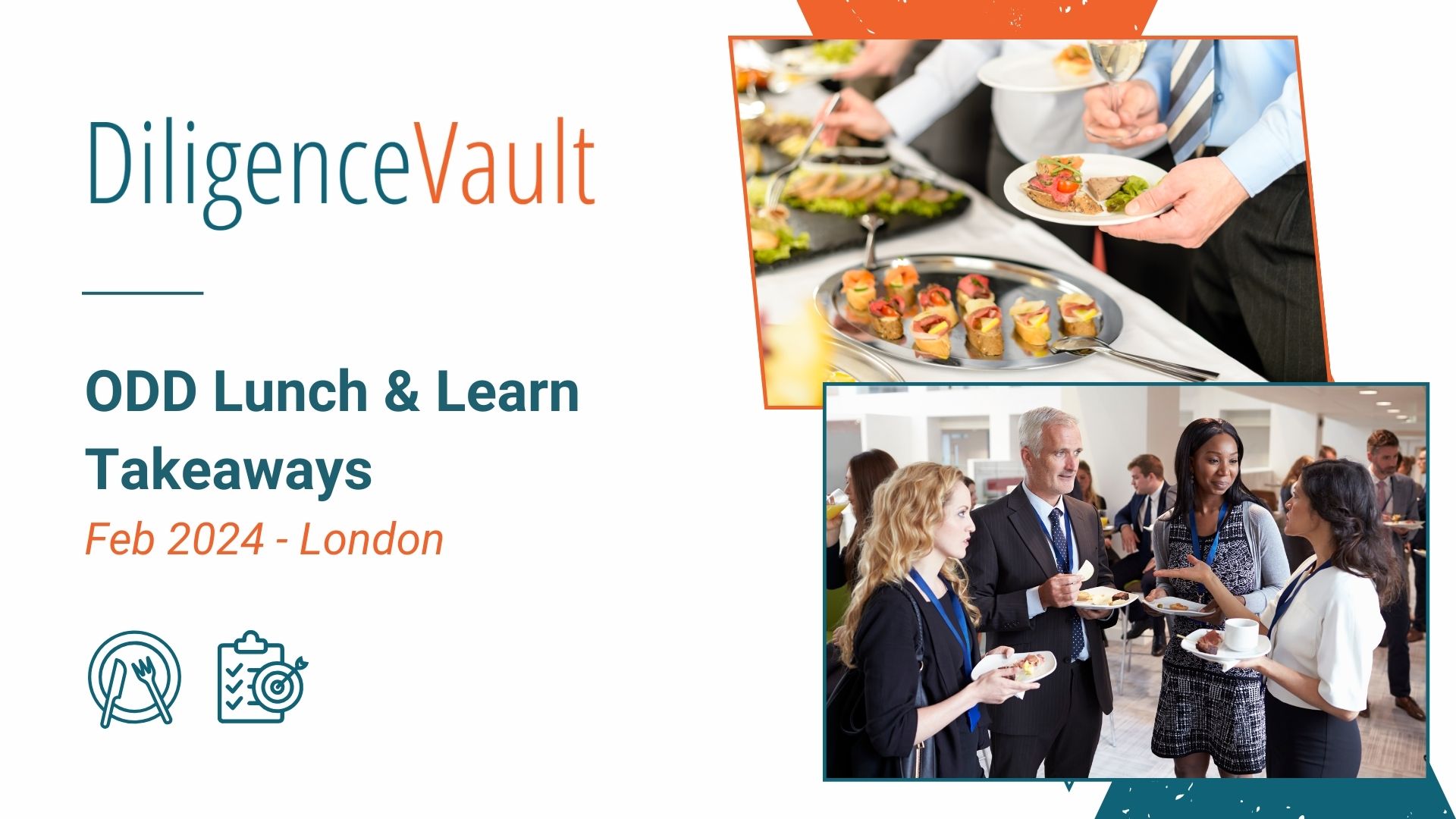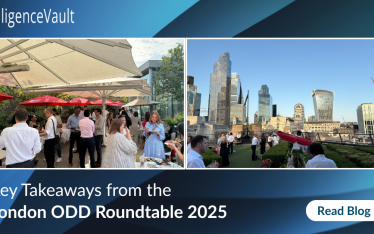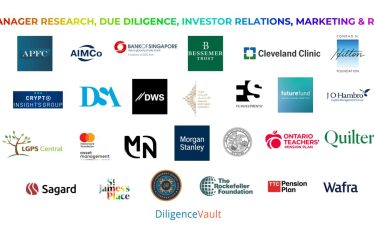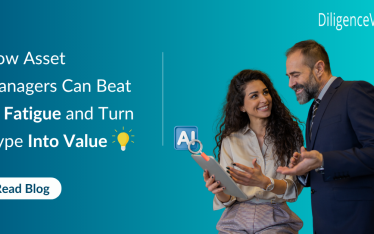DiligenceVault hosted an Operational Due Diligence Lunch and Learn in London last week. Attended by industry leaders by both clients and industry friends from asset consultants, family offices, fund of hedge funds, pension funds, and wealth platform, the event served as a shared platform to delve into key issues shaping the industry. Here is summary of the pivotal topics that dominated the conversation:
ODD Trends in 2024
Cybersecurity remains a key risk area. Participants noted that cybersecurity evolves so quickly that they often find themselves reacting instead of being proactive. Ransomware was highlighted as a common threat. Many expressed a desire for better transparency from asset managers, with some noting that they receive limited reporting on security events.
Regulations are moving higher up in priority as participants expressed concern that the asset manager’s compliance costs are rapidly rising with new regulatory rules, especially with the SEC private funds rule in focus for 2024. With MiFID, asset managers are passing on the cost of compliance to their clients. Regarding MiFID Cost and Charges, there is no single approach or system because it’s important to have a global view.
Fee Structures and Disclosures were also discussed, with participants agreeing that analyzing Audited Financial Statements as a source is an exciting aspect of their job. They emphasized that fee disclosures are more than just numbers; they provide a crucial part of building a full picture of the asset manager expense philosophy. Some participants expressed a preference for manual review over limited data extraction technologies, as it allows for a more comprehensive understanding. It was noted that disclosures can sometimes be made available long after the events, serving as a rear-view mirror rather than a forward-looking tool.
Commenting on increasing fund expenses, several asset managers are passing compensation through the fees charged to the fund, highlighting the importance of transparency and clarity in fee structures.
Passthrough fees in non-SMA structures and Total Expense Ratio (TER) emerged as key aspects of the discussion.
Additionally, there was a discussion about the introduction of hurdle rates, in the current higher interest rate environment, but with limited success.
ODD Framework – Reporting, Ratings, and Governance: During the discussion, different operational due diligence (ODD) models at various firms were explored. While most ODD teams have veto rights, some do not, and instead they report to an independent governance committee. ODD leaders with veto rights prefer to exhaust remediation alternatives before exercising a veto.
On the topic of ESG, an oversight model is developing where Governance stays with the ODD team. E and S topics are typically with another sustainability team.
The decision to outsource or insource ODD is often driven by the firm’s risk appetite. Even when outsourcing, firms still have in-house work, especially when the external report signals elevated risks.
Rating frameworks are commonly used across firms, serving different purposes such as pass/fail assessments, heatmap creation for various risks across managers, and input for risk-based monitoring.
ODD reporting formats vary depending on the strategy and the firm’s risk appetite, typically ranging from 15-30 pages with a 5-page summary. Further, generation of these reports is usually labor-intensive. There’s a growing trend of clients requesting access to ODD reports, leading to the creation of parallel reports with limited identifying information.
Gen AI: The discussion also touched on the use of AI in ODD. Participants expressed concern about the quality of data going into the model but recognized its potential benefits, such as searching across documents and DDQs, flagging signals, and analyzing large datasets. Some firms have implemented a Gen AI acceptable use policy. Microsoft Copilot and OpenAI APIs are the two LLM / Gen AI technologies popular with firms.
Investor Concentration: Investor concentration, particularly the top 5 investor concentration, was a focal point of discussion. Some ODD experts identified this as a key risk concerning two factors:
(a) viability of the asset manager and their break-even AUM, and
(b) impact of redemption related liquidation on the remaining portfolio.
The degree of top 5 investor concentration as a risk factor should consider investor liquidity terms and the liquidity of the underlying strategy. In cases where the strategy is liquid, a large redemption might not cause significant disruption, but it could still negatively impact the viability of the asset manager.
Technology Adoption: The discussion highlighted a variety of technology usage among firms, including internally built systems, research management systems and CRMs for note and document storage, digital diligence platforms similar to DiligenceVault, and other workflow tools. Despite these options, Excel remains a widely used tool across the board.
Duration of Capital: There is a structural change in the duration of capital across alternative investment strategies. In hedge fund strategies, there is a trend where asset managers are extending duration, by introducing longer lock-ups. This is particularly common with multi-strats, with macro funds following the trend. 3-5 years lockup are replacing quarterly liquidity as an example. The argument for extension of terms is to provide stability of capital to retain talent and continue to deliver outperformance. This creates a challenge for managers of manager / FoHF products that offer more favorable redemption terms to their investors. As a result, the FoHF investors are likely to put in forced redemption from asset managers who are extending duration to match their own investor liquidity. In Private Markets, increase in continuation vehicles has also extended the duration of the capital.
New Fund Launches: As the complexity of operations, new risk factors, and stringent regulatory requirements are increasing, it is raising the bar for new launches which has likely resulted in the slowdown of new fund launches.
As we closed the discussion, it was evident that the exchange of insights and perspectives had provided valuable clarity on the challenges and opportunities in the industry. We look forward to future gatherings that continue to drive innovation and excellence in operational due diligence across the industry.
ODD Lunch & Learn in NYC – April 2024
Looking to join our next discussion in New York? Register your interest here.



